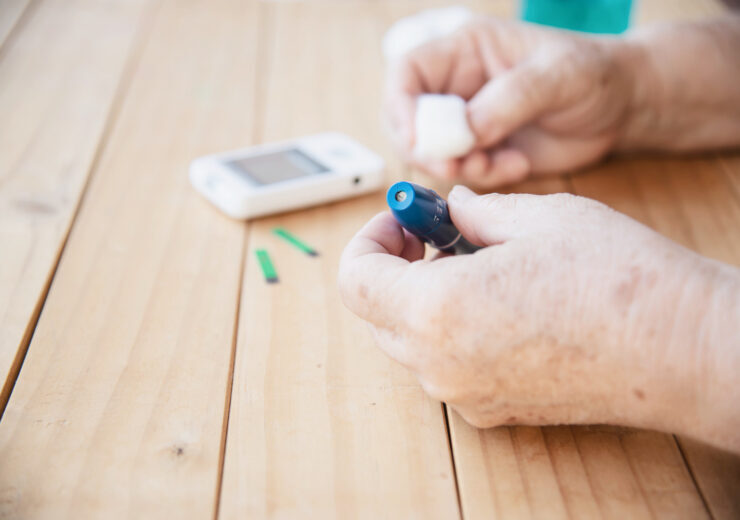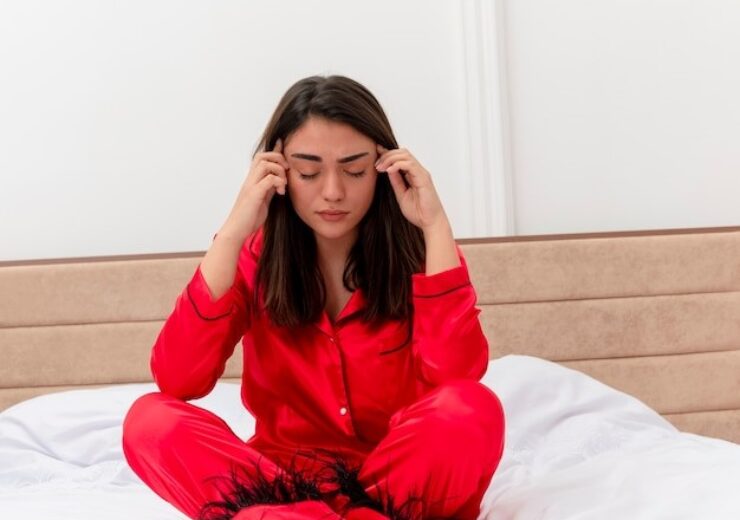Is Caffeine Friend or Foe for Migraines

Exploring the Complex Relationship Between Caffeine and Migraine Headaches
Caffeine, a common ingredient in our daily lives, often finds itself in the middle of debates regarding its impact on health. One such discussion revolves around its relationship with migraine headaches. In this blog, we will delve into the intricate connection between caffeine and migraines, aiming to shed light on whether it is a friend or foe in managing this painful condition.
Understanding the Impact of Caffeine on Migraines
Caffeine and migraine connection is like a double-edged sword. For some, it can trigger headaches, making them worse. Imagine it as a switch that turns on the pain. On the flip side, caffeine is in some medicines that help relieve migraines. It’s like a superhero in those pills. So, caffeine can be a friend or a foe, depending on your body. It’s crucial to notice how your body reacts, helping you decide if caffeine is your ally or if it’s time to say goodbye.
Caffeine as a Potential Trigger for Migraines
While some individuals find relief in their morning cup of coffee, others may experience an unwelcome companion as a negative impact of caffeine on migraines. Research suggests that for certain people, caffeine can act as a potential trigger for migraines, leading to increased frequency and intensity of headaches. Understanding this aspect is crucial for those navigating the complex landscape of headache management.
Caffeine as a Migraine Relief
Interestingly, the relationship between caffeine and migraines isn’t entirely one-sided. For some individuals, it can work out as caffeine for headache relief from migraine symptoms. It plays a role in many over-the-counter migraine medications, contributing to their effectiveness. However, it’s essential to unravel the complexities surrounding its use and consider the potential consequences.
The Role of Caffeine in Over-the-Counter Migraine Medications
Many over-the-counter medications for migraines contain caffeine due to its ability to enhance the absorption and effectiveness of other pain-relieving ingredients. This dual nature of caffeine in both triggering and alleviating migraines underscores the need for a balanced approach in its consumption.
Finding the Right Balance
To find the right balance with caffeine and migraines, think of it like a seesaw. Decide on a safe amount of caffeine each day to avoid triggering migraines. Chat with our head specialist doctor in Mumbai for guidance. See how your body reacts to caffeine—everyone’s different. Look at your diet, sleep, and stress levels like pieces of a puzzle. The aim is harmony, not cutting out caffeine completely. Keep a diary, decrease caffeine slowly, and listen to your body to figure out what balance works best for you.
Establishing Safe Daily Caffeine Limits for Migraine Prevention
It’s about figuring out the most caffeine you can have without getting headaches. Imagine it as creating a shield to protect yourself. Talking to migraine doctors in Mumbai can help set this limit based on your own needs. Everyone’s sensitivity to caffeine is different, so it’s essential to know your own. By setting these safe boundaries, you make sure caffeine is on your side, helping migraine prevention instead of causing them.
Consulting Healthcare Professionals for Personalized Advice
Getting advice from healthcare professionals is like talking to health experts. It’s as if you’re asking migraine doctors or specialists for guidance that matches your needs. They know about your body and can recommend what’s best for you. It’s like having a helpful companion who knows the right direction for your health journey. So, if you have questions or need assistance with your well-being, connecting with our head specialist doctor in Mumbai at RNR Medicine is a wise and caring choice. They’re there to assist you and ensure you receive advice tailored to your unique situation.
Assessing Individual Sensitivity to Caffeine
To assess sensitivity to caffeine, observe how an individual reacts to different doses, considering alertness, heart rate, and potential side effects. This helps customise caffeine intake based on personal tolerance, optimising benefits and minimising drawbacks. Age, weight, and genetics influence responses, underscoring the need for self-awareness in managing caffeine consumption for overall well-being.
Considering Diet, Sleep, and Stress in Migraine Management
To handle migraines effectively, think about your diet, sleep quality, and stress levels. Maintain a balanced diet, ensure good sleep, and manage stress to reduce the occurrence and intensity of migraines. These lifestyle adjustments form a well-rounded strategy for migraine management, complementing medical treatments and enhancing overall health.
Strategies for Managing Caffeine and Migraines
Monitoring your caffeine intake and making necessary reductions will help you better manage migraines and caffeine. It is important to stay hydrated as dehydration can exacerbate headaches. For general health, maintain a regular sleep schedule. As tension can trigger migraines, identify and address your sources of stress. For individualised guidance on coping with coffee and migraines, consult a physician and gradually implement lifestyle modifications.
Keeping a Caffeine and Migraine Diary
Keeping a caffeine and migraine diary means writing down how much caffeine you have each day and any migraines you experience. Include details about the types and amounts of caffeinated things you consume, along with when you have them. Also, note when you get migraines and how bad they are, plus any potential triggers. This diary helps you see patterns, making it easier to decide how to manage caffeine to reduce migraines. By regularly looking at the diary, you can become more aware and make personalized changes to cut down on migraine occurrences.
Gradual Reduction or Elimination of Caffeine
If you want to cut down on caffeine or stop it altogether, do it slowly. Start by having less coffee, tea, or other things with caffeine bit by bit. This helps your body get used to having less caffeine, so you don’t feel sick or moody. If you’re stopping caffeine completely, do it step by step to avoid side effects. This way, your body can adjust more comfortably, making it easier to manage without caffeine in the long run.
Alternative Approaches to Migraine Management
Experiment with methods other than medication to treat migraines. Exercise, dietary adjustments, and relaxation techniques may all be beneficial. In addition to drinking adequate water, maintain a regular sleep schedule. Acupuncture and mindfulness have been known to provide relief for some. Determine the possible cause of your migraines and implement minor lifestyle adjustments. Consult a physician to determine the most effective plan for you that involves more than just taking medication.
Non-Pharmacological Techniques for Migraine Relief
For migraine relief without medication, try non-drug methods. Use relaxation techniques, like deep breathing or meditation. Regular exercise and making changes to your diet can also help. Keep a steady sleep pattern and stay hydrated. Acupuncture or mindfulness practices may offer relief. Identify triggers and make gradual lifestyle adjustments. Consulting with a healthcare professional from our migraine clinic in Mumbai can guide you in finding a personalized and effective approach to managing migraines without relying on medication.
Integrating Relaxation and Stress Reduction Strategies
Mix relaxation and stress reduction strategies for a calmer life. Try deep breathing, meditation, or yoga to relax. Find and manage stress triggers. Exercise, eat well, and get enough sleep for overall health. Combining these methods helps you handle stress better, promoting a more balanced and peaceful daily life. Experiment with different techniques to discover what works best for you, creating a healthier response to life’s challenges.
Seeking Professional Guidance
If you’re going through tough times or need assistance, reach out to a professional at our top hospital for TMS for migraine in Mumbai. Talk to a counselor, therapist, or healthcare expert. They can provide the support and guidance you need, offering personalized solutions for your situation. Seeking professional help is a positive step towards improving your mental and emotional well-being.
Navigating the complex relationship between caffeine and migraines requires a nuanced understanding of individual responses. While caffeine may act as a trigger for some, it holds relief potential for others. Finding the right balance involves considering personal sensitivity, setting safe limits, and adopting a holistic approach to migraine management. By incorporating non-pharmacological techniques and seeking professional guidance when needed at our top headache clinic in Mumbai, individuals can embark on a journey towards effective migraine control. Remember, it’s not about eliminating caffeine entirely but about striking a balance that works for you.





